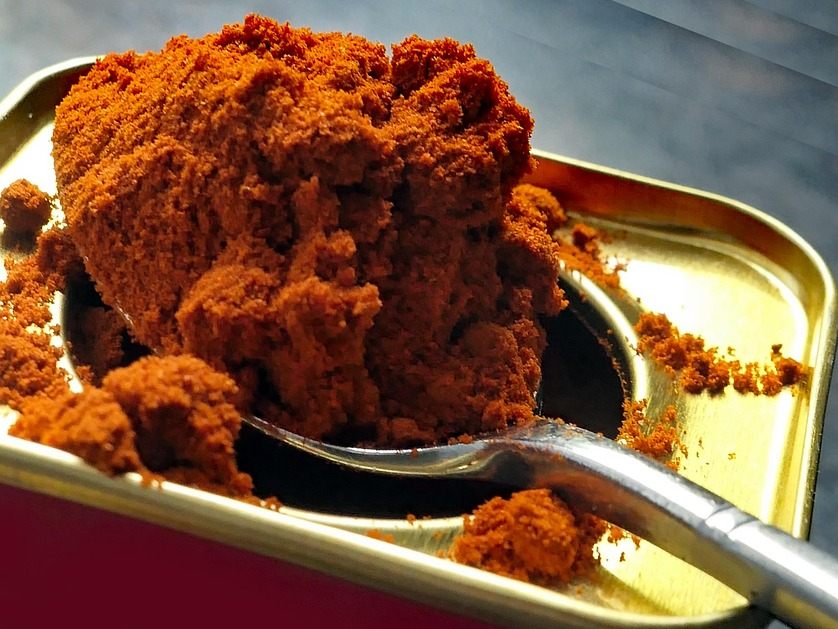Shocking Paprika Powder Test: Greenpeace Found "Pesticide Cocktails"

"Paprika powder is one of the most popular spices in Austria, but with these test results, it spoils your appetite," concluded Sebastian Theissing-Matei, agriculture expert at Greenpeace, after the paprika powder test. The enormous contamination "with true pesticide cocktails" was surprising, as substances were found that can be carcinogenic or damage the nervous system.
Paprika Powder Test: Conventional Products Contained Mix of Pesticides
In the conventional powders, pesticide residues from 10 to 19 active substances were found, including those associated with nerve damage, hormonal disorders, or fertility impairments. The use of twelve of the substances found is even banned in the EU, and two samples were described as particularly alarming because the applicable limits were exceeded. The paprika powder "Las Hermanas hot" was 13 times more contaminated with the carcinogenic pesticide "anthraquinone" than allowed. The paprika powder "Kotányi Paprika hot" contained almost twice as much of the pesticide chlorfenapyr as allowed. As a positive side effect of the test, the three organic products performed significantly better.
However, chlorate was found in almost all conventional and organic samples. This is banned as a pesticide in the EU but may be used as a disinfectant and in drinking water treatment and could have entered the paprika powders this way, reported Greenpeace. According to the NGO, the paprikas processed into powder come from Spain, Hungary, but also Peru or China. According to supermarket information, the majority of the products examined come from Spain.
Call to Politics and Trade After Paprika Powder Test
Greenpeace, based on the test results, called on Agriculture Minister Norbert Totschnig (ÖVP) and Health Minister Korinna Schumann (SPÖ) to advocate for stricter controls at the European level. Likewise, pesticides banned in the EU should also be banned in food on the EU market in the future, regardless of where they were grown. Politics and retail should also intensify their efforts to expand organic farming and organic offerings. The current test once again underscores the significantly better environmental balance of organically produced foods.
Producers and supermarket chains should quickly review their supply chains, demanded Olga Voglauer, agriculture spokesperson for the Greens, in response to the market check. Additionally, it is important to work together with the Ministry of Agriculture to strengthen organic production in Austria and the EU. "Long-term secured purchase agreements with fair prices for farmers, clear rules, and appropriate controls along the production and supply chains are needed," said Voglauer. It is of no use if pesticides banned in the EU still end up on our plates through food from South America or Asia. Therefore, a ban on these substances in food for the European market and appropriate controls are obviously needed.
(APA/Red)
This article has been automatically translated, read the original article here.





